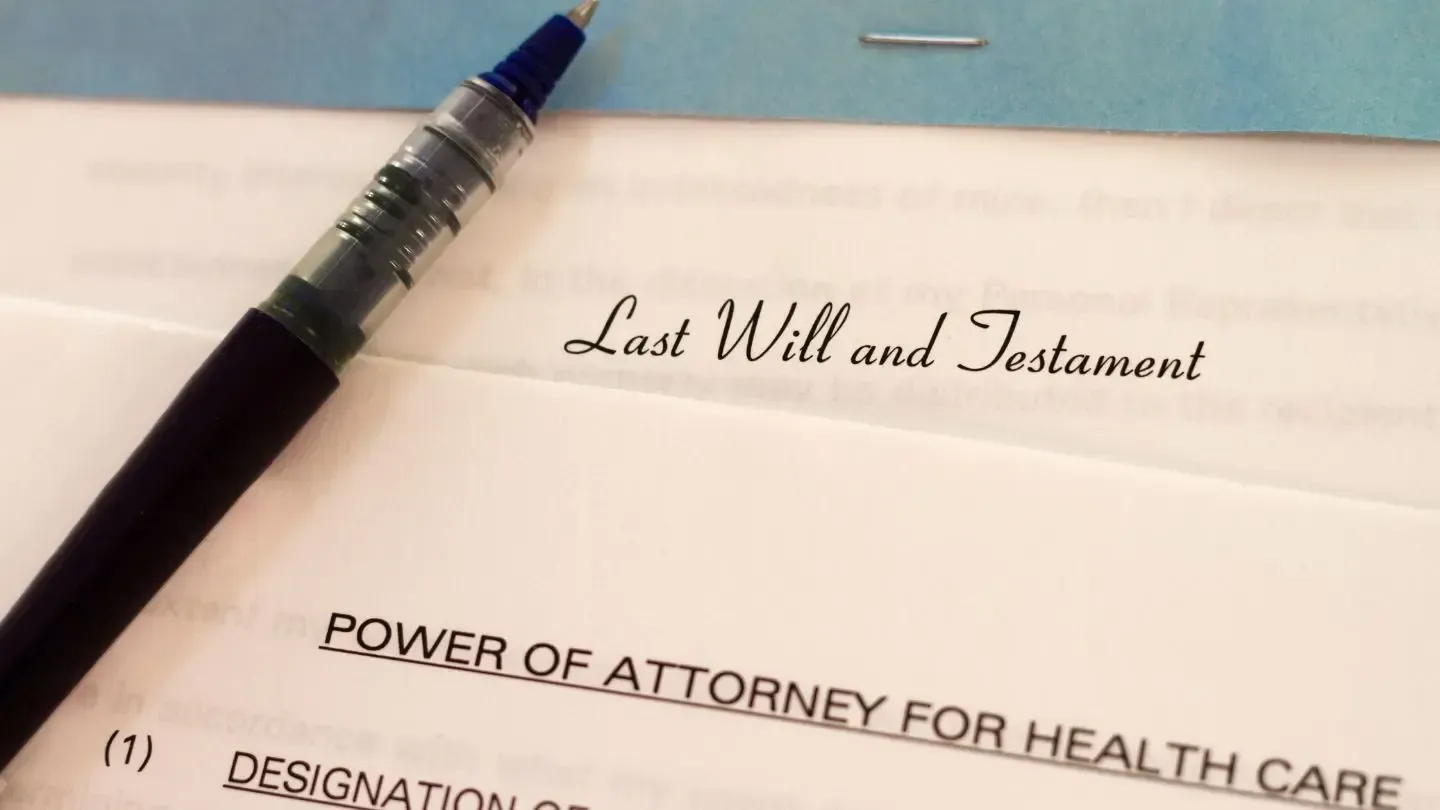The ins and out of refinancing mortgages & how to survive the process in 2025
Why refinancing is a big talking point right now
Refinancing is one of those financial decisions that’s easy to put off — until you can’t.
With interest rates now thankfully dropping from the recent high tide mark of early 2024, thousands of Kiwis will, if they have not already, roll off higher interest rates.
If you fixed your mortgage at 6.49% in 2023, you might now be looking at rates between 4% and 5% when your term expires. That’s considerably more money in your back pocket.
Example scenario
- Mortgage amount: $500,000
- Previous rate: 6.49%
- Monthly payment: $3,157
- New rate: 4.49%
- New monthly payment: $2,532
- Difference: You’d save $625 per month by refinancing.
That’s an extra $150 per week — bonus cash that will come in handy nowadays.
Faced with these numbers, many homeowners are asking: should I simply refix my mortgage with my current lender, or should I refinance with a new one?

Refixing vs refinancing – understanding the difference
These two terms are often used interchangeably in everyday conversation, but in the legal and financial world they mean very different things.
Refixing
Refixing is when you stay with your current lender but lock in a new fixed interest rate for a set term.
- Often the simplest and fastest option.
- May allow you to renegotiate your repayment structure.
- Usually involves fewer legal steps than refinancing.
Refinancing
Refinancing means moving your mortgage from your current lender to a new one.
- Can be used to get a more competitive interest rate or better loan features.
- May involve consolidating debt, restructuring repayments, or accessing equity.
- The new lender will require fresh checks: property valuation, credit history, income verification, and risk assessment.
Why refinancing might make sense even when rates are dropping
Even in today’s interest environment, refinancing can in some cases be the smarter move — sometimes for reasons that have little to do with the headline rate.
You might refinance to:
- Restructure your loan for better cash flow management.
- Consolidate debt into your mortgage to pay a lower interest rate than credit cards or personal loans.
- Access equity for renovations, investments, or other financial goals.
- Switch to a lender with better customer service or more flexible repayment terms.
- Take advantage of lender incentives such as cashback contributions to offset costs; including any break-fees that might be charged by your existing bank.

The role of a property lawyer in refinancing
While refinancing might seem like a purely financial transaction, it has important legal components. Our property lawyers at Weston Ward & Lascelles:
- Manage the change of mortgage on your property title.
- Review and explain your new loan terms so you know exactly what you’re signing.
- Coordinate settlement, ensuring your old lender is repaid and the new one is properly registered.
- Check related legal matters, such as your Will, Enduring Powers of Attorney, and any guarantees you’ve given.
Step-by-step: The refinancing process in NZ
- Discharge of mortgage – Your current lender is contacted for a repayment figure and release documents.
- New mortgage instructions – Your lawyer prepares mortgage documentation and meets with you to sign.
- Cash contribution (if required) – Any shortfall between the old and new loan amounts is paid before settlement.
- Settlement day – Funds are drawn from the new lender to repay the old one.
- Registration – Your new mortgage is registered against your title.
- Final report – You receive confirmation of settlement and updated legal records.
Extra legal considerations when refinancing
- Update your Will and EPOAs to reflect your current financial situation.
- Review guarantees you’ve signed, especially if refinancing involves business lending.
- Check insurance cover to ensure it still meets lender requirements.

Survival tips for homeowners under financial pressure
- Start the conversation with your bank early.
- Compare offers from multiple lenders.
- Use a mortgage broker for wider access to deals.
- Review and trim non-essential spending.
- Consider splitting your loan between fixed and floating portions.
Negotiating with your lender – how to get the best deal
- Be informed – Know current market rates before you start.
- Ask about incentives – Cashback offers, legal fee contributions, or rate discounts.
- Leverage competition – Let your lender know you’re comparing offers.
Common refinancing mistakes
- Only looking at the interest rate.
- Not budgeting for break fees or legal costs.
- Overextending by borrowing more than needed.
- Ignoring the fine print.

Your refinancing checklist
Before you start:
- Review your current loan documents.
- Check when your fixed term ends.
- Calculate your current and projected repayments.
When comparing lenders:
- Interest rates (fixed and floating).
- Loan structure options.
- Fees and incentives.
- Flexibility for extra repayments.
Legal & financial preparation:
- Engage a property lawyer early.
- Update your Will and EPOAs.
- Gather financial documents for the new lender.
On settlement day:
- Confirm discharge of old mortgage.
- Check updated title after registration.
How Weston Ward & Lascelles property lawyers in Christchurch can help
Refinancing can be a smart move — but it’s also a legal process that needs to be handled correctly. At Weston Ward & Lascelles, our Christchurch property lawyers take care of the paperwork, protect your interests, and make the process as stress-free as possible.
Call us on 03 379 1740 or visit www.wwl.co.nz to book an appointment and take the next step towards a smarter mortgage






